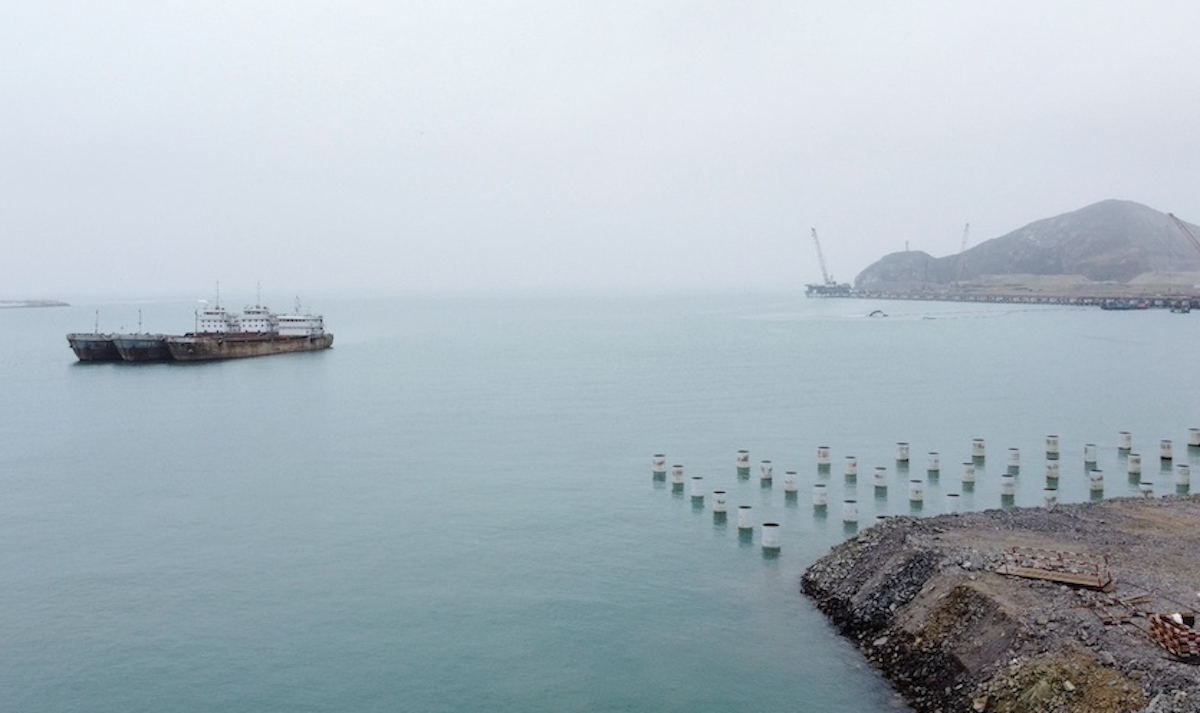3.5 billion: A $3.5 billion Chinese state-owned port is set to open in Chancay, Peru, later this year, giving Beijing a direct gateway to Latin America’s bounteous natural resources – and cementing its status as the region’s largest trade partner. The port is expected to handle major volumes of copper and soy, and it could reduce shipping times to China by as much as two weeks for some of the region’s exporters.
1.9 billion: In the first few days after US regulators approved exchange-traded funds linked to Bitcoin, investors poured $1.9 billion into the new funds. The ETFs give people exposure to Bitcoin without having to actually own any. Some analysts think that as investor confidence in the funds grows, they could attract as much as $100 billion by year’s end.
4: At least four Kenyan women were killed in the first three weeks of the year, with at least two cases of them being targeted by gangs of men using dating apps to extort and rape their victims. The slayings follow a marked increase in femicide last year, in which at least 152 women were murdered (the real number is likely far higher according to experts), according to the NGO Femicide Count Kenya, which is calling on the government to investigate.
18: Women in Germany earn approximately
18% less than men, according to the latest data from the Federal Statistics Office, a stubborn plateau that has now held since 2020 after years of decreases. Experts largely attribute the persistent gap to women taking time away from work for childcare, which causes them to be overlooked for promotions or raises. Interestingly, the gap was less than half as broad in former East Germany, where women earned just 7% less than men.
